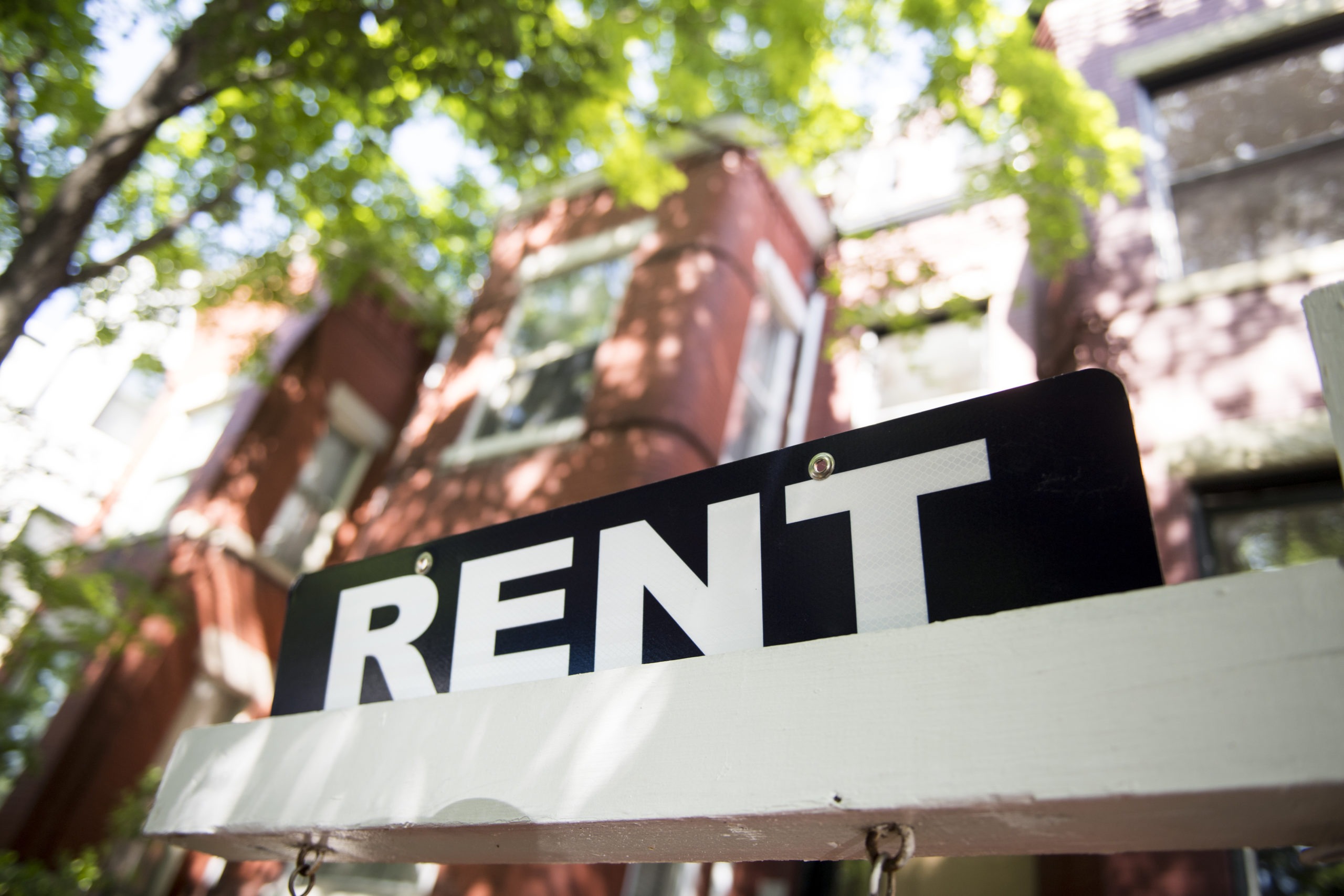Cities Should Repeal “Crime-Free” Housing Laws
Many cities have laws that require landlords to kick people out of their homes if the police are called too many times—even if the calls are the result of domestic violence or racial discrimination. Cities need to get rid of these so-called “crime-free” housing laws.

The Point
Many cities have laws that require landlords to kick people out of their homes if the police are called too many times—even if the calls are the result of domestic violence or racial discrimination. Cities need to get rid of these so-called “crime-free” housing laws.
Cities should end “crime-free” housing ordinances and enact fair housing laws.
- Cities must acknowledge the role that restrictive housing ordinances play in fostering racial segregation in housing. These laws—promoted as “crime-free” housing laws—pressure or require landlords to evict tenants who have had varying levels of interaction with law enforcement. But as Deborah N. Archer, professor of clinical law and co-faculty director of Center on Race, Inequality, and the Law at NYU, explained for The Appeal Lab, these laws are “more effective at excluding racial minorities and promoting racial segregation than they are at preventing crime.”
- Cities should not be dispatching police in response to calls about “barbecues” and “kids jumping on a trampoline,” and those calls should not result in an eviction. But, that is what is happening. “Functionally, crime-free housing policies give police officers outsized power to determine who can and cannot live in certain communities,” Archer further explained.
- Cities can also reduce housing discrimination by passing fair housing laws. In Jackson, Michigan, for example, the city council is working toward an ordinance that would prohibit landlords from asking prospective tenants about their contact with the criminal legal system during screening and would require a conditional lease before conducting a background check.
Crime-free housing laws promote racial segregation and prevent people from seeking help.
- No one needs to have committed a crime to be evicted under a “crime-free” housing law. Rather, a landlord can be forced or pressured to evict people who are merely suspected of a crime, those who call the police too many times for help, and those whose neighbors call the police too many times on them.
- The laws are rooted in a legacy of housing discrimination and their enactment often follows an increase in a community’s racial diversity. An L.A. Times investigation found that 85% of California cities with the largest increases in Black residents since 1990 have approved crime-free housing policies, while 75% of communities that saw the largest increases in Latinx population have approved such policies.
- These laws also put victims of domestic abuse and crime in danger. Because the laws threaten housing for someone who has any contact with law enforcement, regardless of culpability, they may deter people from seeking help by calling 911 or police.
Dive Deeper:
- “Crime-Free” Housing Ordinances, Explained. Since the early 1990s, crime-free housing ordinances have spread to thousands of towns and cities across the United States, used by the police—and those who call the police—to target both tenants and landlords alike. Purportedly designed to reduce crime, promote public safety, and preserve police resources, these laws have instead proven a powerful tool to impose racial segregation, threatening the health and safety of disproportionately Black and brown people who are displaced from their homes.
- Cities Are Pressuring Landlords to Evict People Under “Crime-Free” Housing Laws. In Granite City, Illinois, landlords have been penalized for refusing to evict tenants who have criminal records or are simply living with someone who does.
- Hundreds of Cities Have Adopted a New Strategy for Reducing Crime in Housing. Is It Making Neighborhoods Safer—or Whiter? (Mother Jones). A lawsuit claims Faribault, Minnesota, passed its rental housing law “with the express intent and purpose to discriminate against Somali and Black people.”

